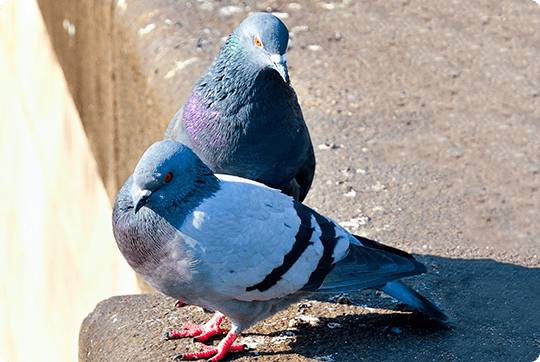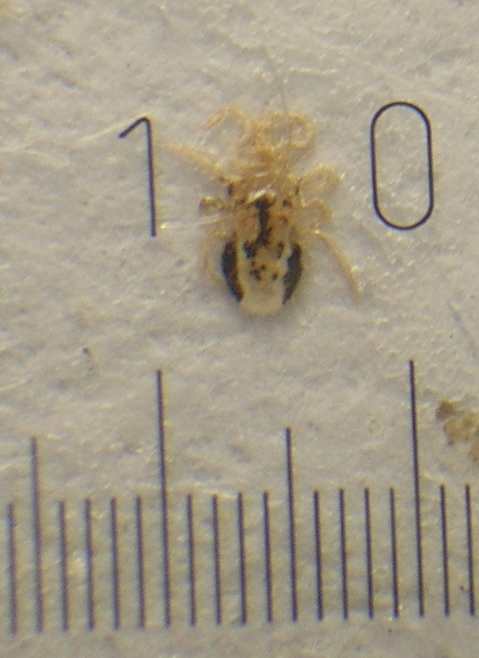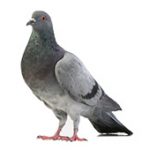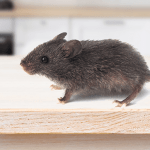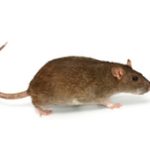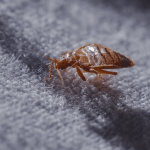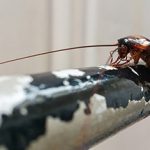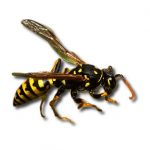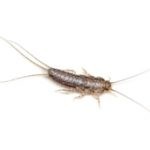Life Cycle of Pigeons and Removal of Pigeon Nests
Many homeowners are concerned about pigeon nesting habits in urban areas in the UK. Understanding the specifics of pigeon nests and the pigeon’s life cycle is essential for safe and legal bird control.
Birds like pigeons are common in cities, but they’re considered pests if they nest in inconvenient spots. Known for their ability to create large colonies in a short time, pigeons in the UK pose serious health risk.
Their droppings are messy and contain many diseases that could affect human health. From pigeon nesting behaviour to lawful nest removal practices, this guide has it all.
Why do pigeons nest on buildings?
Pigeons nest on buildings because they offer ideal conditions: flat, secure surfaces that mimic their natural cliff-side nesting environments. Urban structures provide warmth, shelter from predators, and easy access to food sources like bins, litter, and feeding areas. Buildings also offer height and protection, making them attractive alternatives to natural habitats.
Modern architecture inadvertently supports nesting with ledges, cavities, and rooftop structures, allowing pigeons to safely lay eggs and raise baby pigeons with minimal disturbance.
When do pigeons nest in the UK?
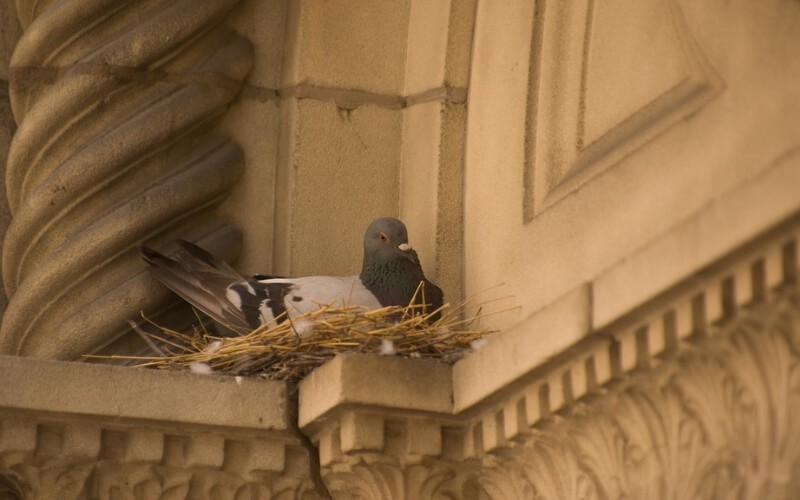
In the UK, pigeons can nest all year round due to the mild climate, but peak nesting activity occurs between March and October.
Unlike many bird species, pigeons may raise multiple broods each year – sometimes up to six.
Where do pigeons prefer to nest?
The feral pigeon, also known as the common pigeon, isn’t that picky when choosing where to nest, as long as there are food and water nearby. You can spot them around parks and city buildings, farms, feed mills and agrarian facilities, and a variety of other structures. Pigeons are community birds, so you’ll often see entire flocks sharing a building.
Pigeons prefer quiet, undisturbed spaces close to food and water sources. Common nesting locations include:
- Loft spaces
- Chimneys
- Under solar panels
- Roof tiles
- Gutters
- Ledges and balconies
Their adaptability allows them to nest in both natural and man-made structures.
Do pigeons nest in trees?
Some pigeon species do nest in trees near human establishments. In the UK, we have the wood pigeon which isn’t considered a pest because it nests in trees, close to roads. Their diet is the same as that of the feral pigeon but since they don’t spoil people’s homes, they are effectively excluded from the “flying rat” clique.
How do pigeons construct their nests?
If you’re worried that pigeons are chipping on your building to make their nests, don’t be. Rock pigeons pick up sticks, straws and leaves from the environment around to create their saucer-like nests. When the nest is new, it looks quite flimsy. But since pigeons poop in generous amounts all over the place, the nest becomes sturdier with time. The birds are also known to reuse and build upon their previous nests, so keep that in mind if there’s an abandoned one on your property.
The pigeon life cycle
Understanding the life cycle of a pigeon helps in managing infestations effectively:
- Courtship and pairing: Pigeons form monogamous pairs.
- Nest building: The male gathers materials; the female constructs the nest.
- Egg laying: Typically, two eggs are laid.
- Incubation: Both parents incubate the eggs for about 18 days.
- Hatching and rearing: Chicks remain in the nest for 4–6 weeks.
- Fledging: Young pigeons (squabs) leave the nest but may stay nearby.
This cycle can repeat several times annually. Once they inhabit the nest, the female bird will wait a couple of days before laying the first egg. Usually, a total of two eggs will incubate around 18 days. The newborn pigeons will leave the nest on the 25th to 29th day. The feral pigeon usually needs at least 7 months to reach sexual maturity. Pigeons are monogamous and breed no matter the season. In the UK, the peak reproduction of pigeons is in autumn and spring. Their average life expectancy is 3 to 5 years but others may live up to 15 years, depending on many natural factors.
Image by: Corey Leopold / License: CC BY 2.0
How to prevent pigeons from nesting
In the UK, getting rid of the pigeons involves getting familiar with a few laws regulating the matter. For example, any means of lethal control of pigeons or other wild birds are illegal according to the Wildlife and Countryside Act 1981. This means that your goal should be to deter the birds and prevent them from nesting. There are several tactics you can leverage in order to rid of the nesting pigeons:
- Make their roosting areas unappealing
- Remove any available food sources
- Seal entrances to the attic and chimneys
- Install reflective objects and fake predators
- Install anti-roosting spikes
- Use bird netting over balconies and eaves
- Seal entry points to lofts and roof spaces
- Use visual deterrents and ultrasonic repellents
Can you move a pigeon’s nest?
Relocating a bird’s nest may seem like the humane thing to do but again, the nests and the eggs, if any, are protected by the Wildlife and Countryside Act from 1981, so moving them is considered an act of offence. Only licensed individuals can move a wild bird’s nest and even then it can happen only if certain conditions are met.
If you are unsure what to do with the pigeons that inhabit your building, make sure to consult with a professional bird controller.
What happens if you disturb a pigeon nest?
Disturbing an active pigeon nest can have serious consequences. Pigeons may abandon the nest entirely, leaving chicks or eggs to die. This not only causes suffering but could also breach UK wildlife protection laws. In some cases, disturbed pigeons may attempt to rebuild in the same location, leading to recurring problems. If you suspect a nest is active, avoid tampering with it and contact a licensed bird control professional. It is illegal to intentionally destroy the nest of any wild bird while it is in use or being built, including pigeon nests.
As a commercial service provider we only aim to inform you about pigeon nests according to the professional experience of the pest technicians. However, we cannot guarantee that the above-mentioned advice on how to prevent pigeon nesting, will lead to successful results.



